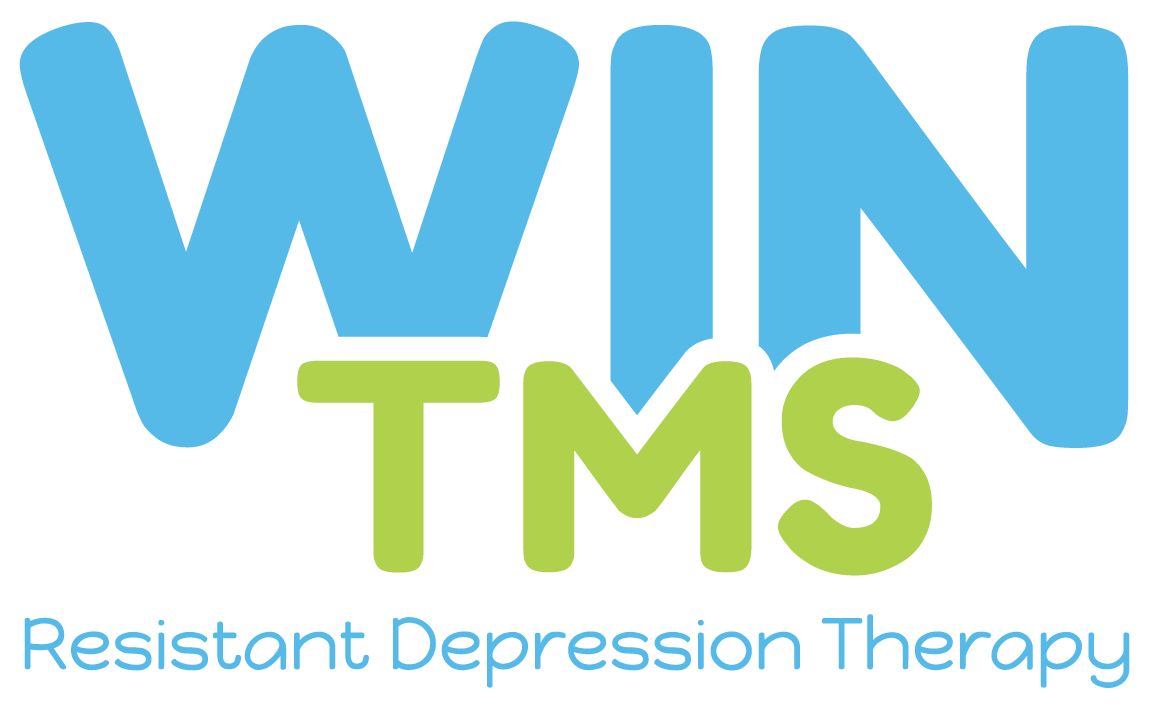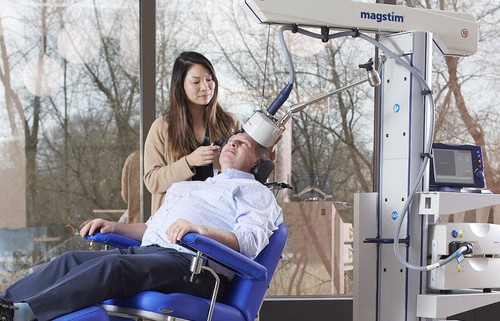What Is TMS Therapy?
Happy New Year! As we share that common greeting, we recognize happiness can feel fleeting and even unattainable. If you face treatment-resistant depression, you may wonder if you will feel happy this year. We write today to share hope.
We Offer TMS Therapy
For depression that resists other treatment regimens, our practice offers TMS therapy. This treatment option is
- Effective
- Established
- Medication-free
- Covered by insurance
Several million patients have accessed this useful therapy since its approval by the FDA in 2008. Over 80% of TMS patients experience improvements, and over 60% reach full remission of their depression.
What Is TMS Therapy?
This modern method is transcranial magnetic stimulation. You can tell from its name that this unique treatment employs a magnet. Of course, you cannot run to the hardware store and attempt this therapy. It requires specialized equipment in the hands of skilled professionals.
The tool used in TMS therapy is an electromagnet. You have encountered an electromagnet if you’ve ever needed an MRI. In a sense, we might consider the type of electromagnet used for TMS therapy a miniature, handheld version of an MRI machine. Certainly, the TMS device is much less noisy!
During a TMS session, a trained technician applies a TMS machine’s electromagnet against the treatment recipient’s scalp. A coil within the device delivers repetitive pulses. These pulses stimulate the brain’s mood centers.
What Are the Benefits of TMS Therapy?
By taking this head-on approach toward your treatment-resistant depression, you may enjoy multiple benefits. Recipients of TMS can reduce or eliminate depression symptoms.
Importantly, some recipients have reported these improvements:
- Smoking cessation
- Anxiety reduction
- Chronic pain reduction
- Migraine frequency reduction
When depression is eliminated by TMS therapy, it’s possible to reach a point where medication to control depression is no longer necessary. Please consult your doctor before stopping any medication. This field is growing, and your results will be unique.
Who Benefits From TMS Therapy?
We recommend this specialized therapy to people who have attempted other pathways for treating depression. If standard methods of depression treatment have not assisted your situation, you stand a statistically positive chance of benefitting from TMS therapy.
Naturally, you may wonder why TMS is not automatically available, as the first option, to every person who faces depression. Quite simply, while TMS works, it requires a time commitment during a several-week span.
As a result, clinicians that specialize in depression must first offer traditional treatments before selecting this exceptional route.
Does TMS Therapy Have Side Effects?
Universally, treatment options feature side effects. Commonly, recipients of TMS therapy may encounter
- Headaches
- Mild dizziness
- Stimulation site discomfort
- Facial muscle tingling or spasms
Usually, most of these side effects can be addressed with an over-the-counter pain reliever if they appear.
Uncommon side effects of TMS therapy also exist, and we welcome your questions about those.
Are Risks Associated With TMS Therapy?
For most patients, TMS is a low-risk therapy. Experts consider it safe and easily tolerated by the wide majority of candidates.
At the start of your TMS journey, let us know if you are pregnant or considering becoming pregnant, if applicable. Also, we will need to know about any medical implants in your body. You can receive TMS therapy with some implants. We maintain a list of implants that are not recommended for TMS therapy due to the potential for interference between the electromagnet and the implant.
What Is the Treatment Process for TMS Therapy?
We use a reclining chair at WIN TMS. It reminds some people of a dentist’s chair. We encourage you to relax during each session, which lasts about 20 minutes. You will appreciate our comfortable surroundings.
After each session, you can resume your normal life. Most patients drive afterward.
Within two weeks, you may experience improvement in your mood. The full treatment process lasts six or eight weeks, with five sessions each week.
Does My Insurance Provider Cover TMS Therapy?
In fact, most providers of health insurance cover TMS therapy. To schedule a consult with a WIN TMS location in your area, simply contact us. We can answer any questions you may have about your insurance coverage, and we’ll help you decide if TMS therapy is the right choice as you enter the new year.












Leave a Reply
Want to join the discussion?Feel free to contribute!